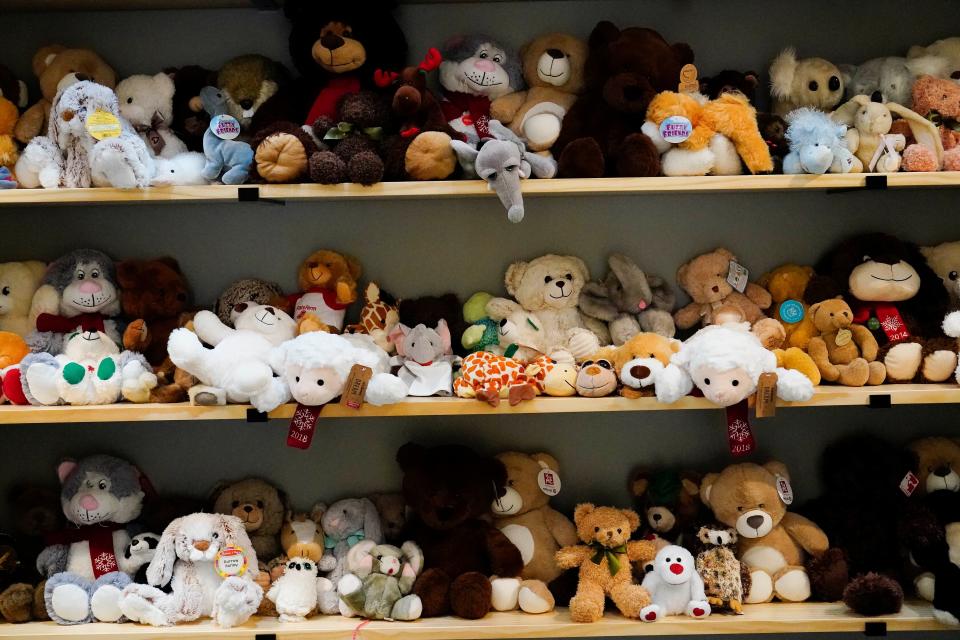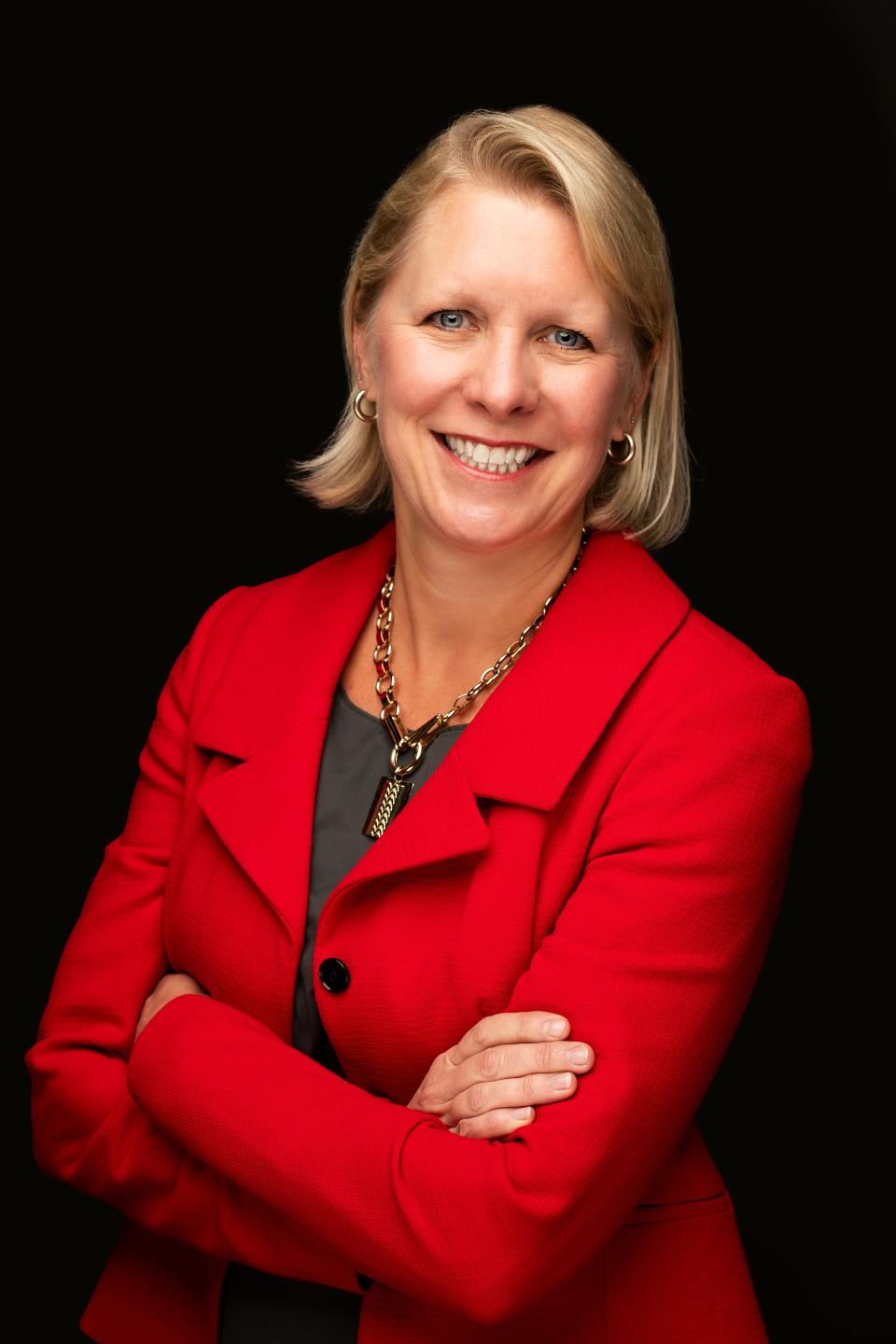This St. Patrick's Day, keep an eye out for horrors hiding in plain sight: human trafficking
This commentary is written by Julie Wade, executive director of Tharros Place, a Savannah nonprofit that assists girls ages 12 to 17 dealing with trauma.
I love this time of year. The Japanese magnolias are starting to bloom, locals and tourists alike are crowding Forsyth Park to soak up the sun, and a light dusting of daffodil-hued pollen is on nearly every surface. Pretty soon, fountains will be dyed green, Guinness will flow freely, and the marching bands and floats will wind their way through downtown streets for the 199th anniversary of the St. Patrick’s Day Parade.
Savannah’s St. Patrick’s Day celebration is one of the largest in the country and honors our Irish roots. According to estimates from a 2018 Georgia Southern University study, as many as half a million people come to Savannah to don the green and join in the festivities. For our local economy, that’s good news.
But, unfortunately, with any large-scale event, particularly one that attracts revelry and spirited fun, a potential for an increase in human trafficking arises. Human trafficking is defined as the exploitation of another person for sex, labor, or services. Savannah is no exception due to its high poverty rate, international port, booming tourism industry, and the crossroads of Interstate 95 and I-16.
In 2021, 494 minors with an average age of 14 were identified as victims of human trafficking in Georgia. Sadly, fewer than 55 shelter beds currently exist for these victims statewide.

Special Assistant United States Attorney Carra Henderson prosecutes these kinds of crimes on behalf of the Fourteenth Circuit Solicitor’s Office in South Carolina.
“The coercion used to exploit victims can be subtle or overt, physical or psychological,” Henderson said. “Whatever form it takes, this criminal activity has increased in recent years, and it is not confined to big cities or dark alleys.”
The risks are real. National Human Trafficking Hotline statistics show a 25% increase in human trafficking cases from 2017 to 2018. Many people erroneously assume the majority of trafficking victims in the U.S. are undocumented immigrants, when most are, in fact, U.S. citizens (77% of victims are exploited within their home countries). Trafficking happens to our young people in our community. In fact, Chatham County ranks fourth in the state for the number of sex trafficking cases of minors.
Last year, Savannah Mayor Van Johnson said it was important for the public to know the signs of human trafficking and remain aware and vigilant during the parade. Those who are being trafficked are not always kept behind locked doors; they are often hidden in plain sight at construction sites, restaurants, hotels, and yes, even a St. Patrick’s Day parade. So, what are the signs?
Those being trafficked may have physical injuries, appear malnourished, or seem disoriented and not know where they are. They may avoid eye contact, appear timid or submissive, be fearful of law enforcement, or accompanied by someone who controls their every movement.

While these indicators are not definitive proof of trafficking, it is imperative for the public to recognize potential signs and understand that everyone has a role in combating human trafficking. If you believe you have identified someone in such a situation, contact local law enforcement directly or the National Human Trafficking Hotline, a national 24-hour, toll-free, multilingual hotline, at 1-888-373-7888. Do not attempt to rescue a victim or confront the suspected trafficker.
By reporting tips and identifying potential victims, you are doing your part to connect them to resources like health care, housing, and legal assistance. You may even save a life. And, as the old Irish proverb observes, “Two people shorten the road.”
Editor's note: Tharros Place is a new 501(c)(3) that takes its name from the Greek word for courage. Later this year, Tharros Place will open a 12-bed residential home to address underlying trauma and cultivate a culture of courage for girls ages 12 to 17.
This article originally appeared on Savannah Morning News: Human trafficking a threat at Savannah St. Patrick's Day celebration

